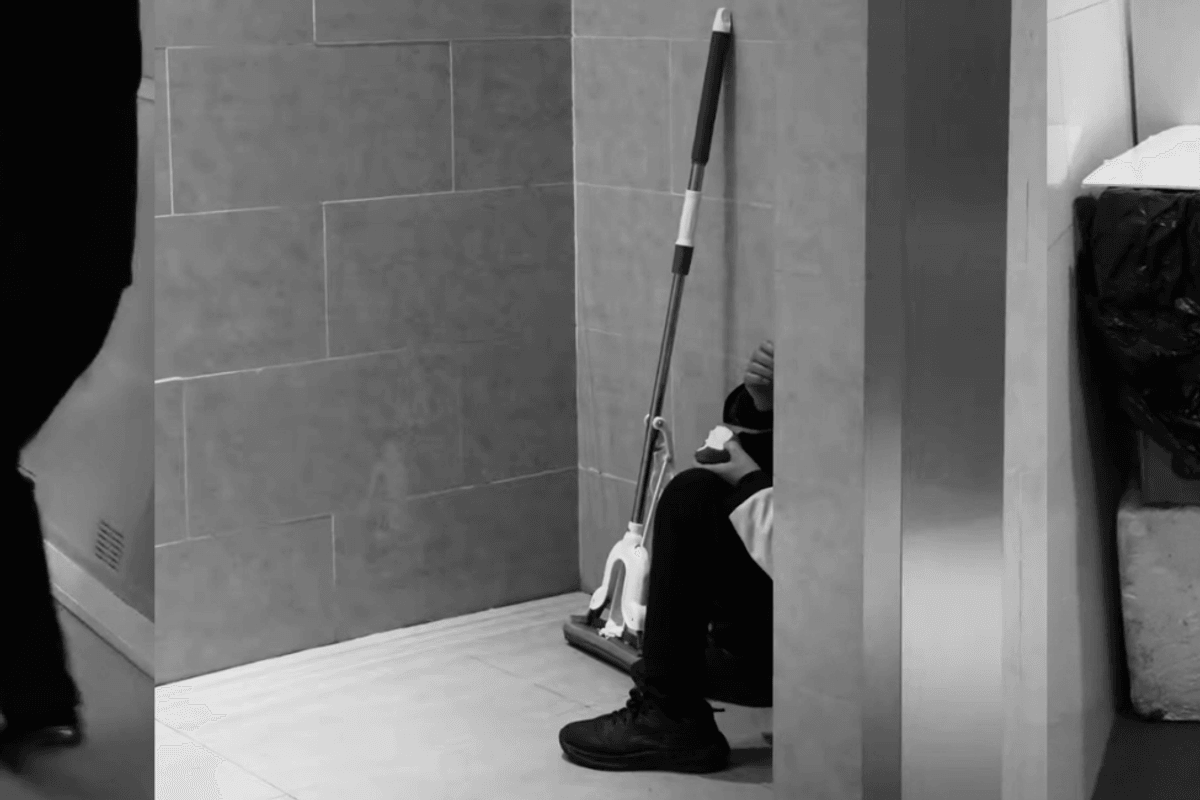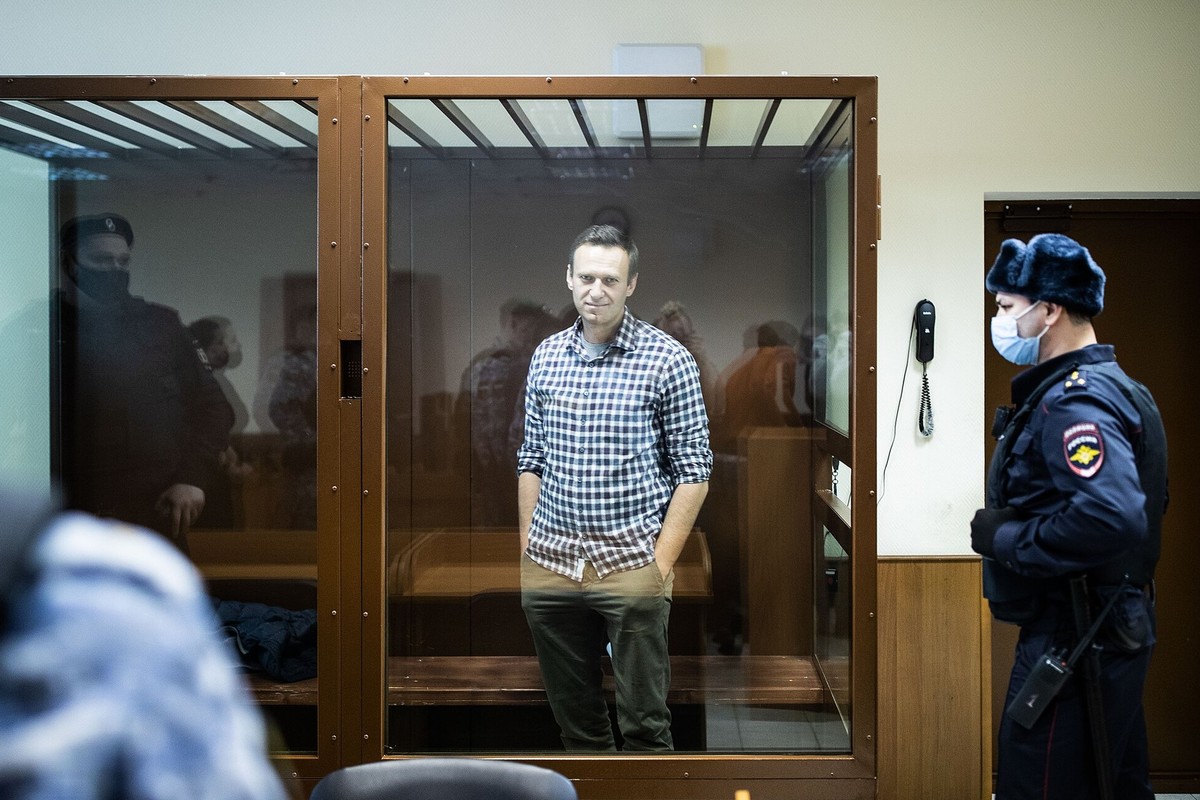In country NSW, the Pride movement is slowly gaining traction. In the aftermath of Armidale's first ever council-run Pride event, Newsworthy explores just how meaningful this step is in the journey towards regional LGBTQIA+ celebration.
If you hop in a car, turn on some tunes and drive north from Sydney for seven hours, up past Newcastle, through the bright green vineyards of the Hunter Valley and up onto the New England plateau, you’ll eventually end up in a place called Armidale.
Known for its livestock farming, the University of New England and its distinct rugby culture, Armidale is the thriving heart of the New England region. In autumn, it turns a spectacular shade of red, orange, and yellow and is surrounded by a number of heritage-listed sites and national parks.
Armidale is a special place for me. My grandparents and then, my parents met each other there at the exact same pub (The New England Hotel — don't miss the $16 schnitty on Wednesdays). I went to school there from age 11 and a number of my good friends still live there.
One of those good friends is Lucas Cotterell, who I’ve known since I was 11. I still remember his first day; early 2013, 5CW, top floor of junior school. We studied the Eureka rebellion and made a poster about it using yellow cardboard.
Lucas and I didn’t know it then, but four years later, as we were finishing junior high school together, Australia would undergo an immense change – one that would put marriage equality at the forefront of public discussion.
No voice to say it was OK
SUPPLIED
Lucas Cotterell says being gay wasn't overtly ostracised but he did not feel he could come out at school.
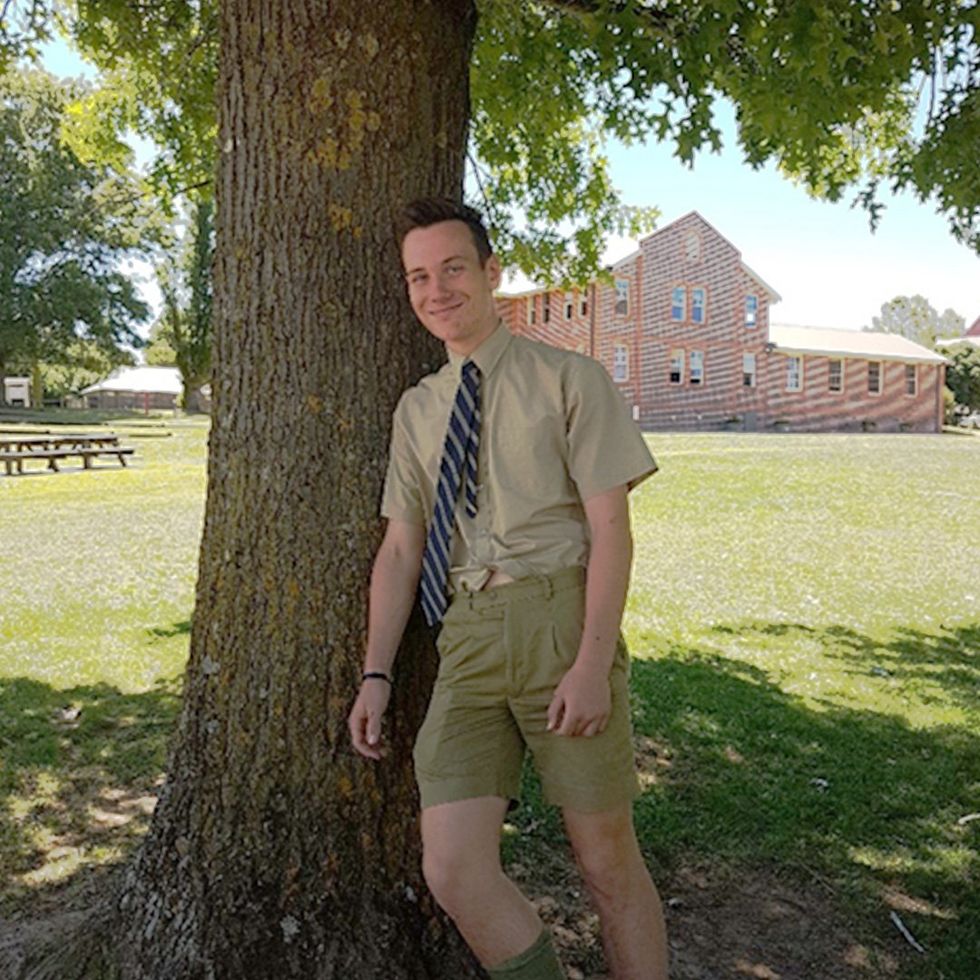
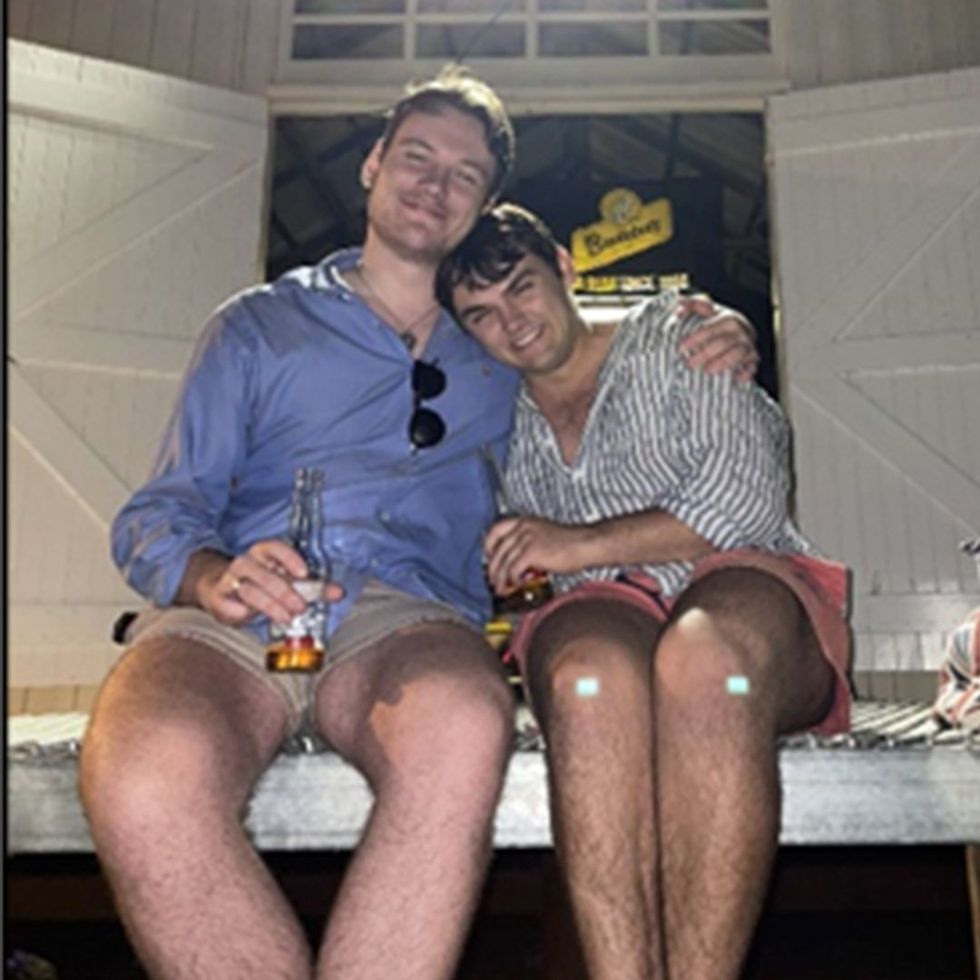
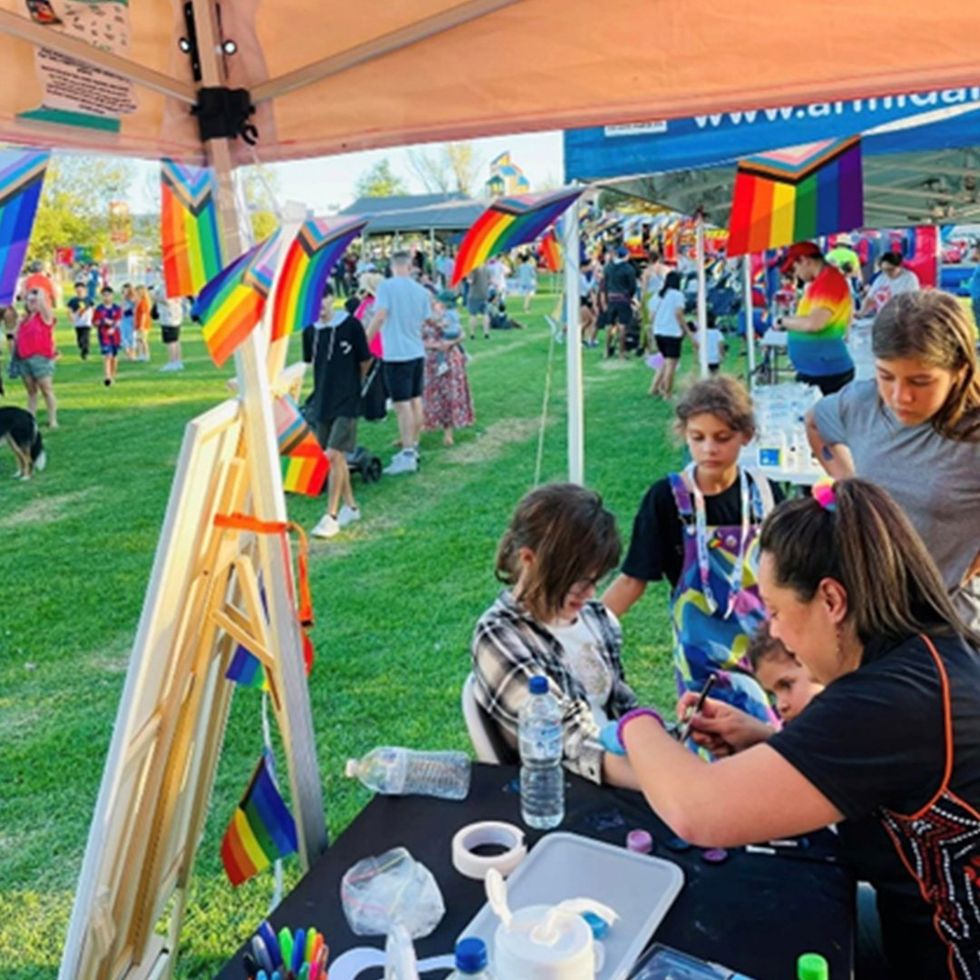
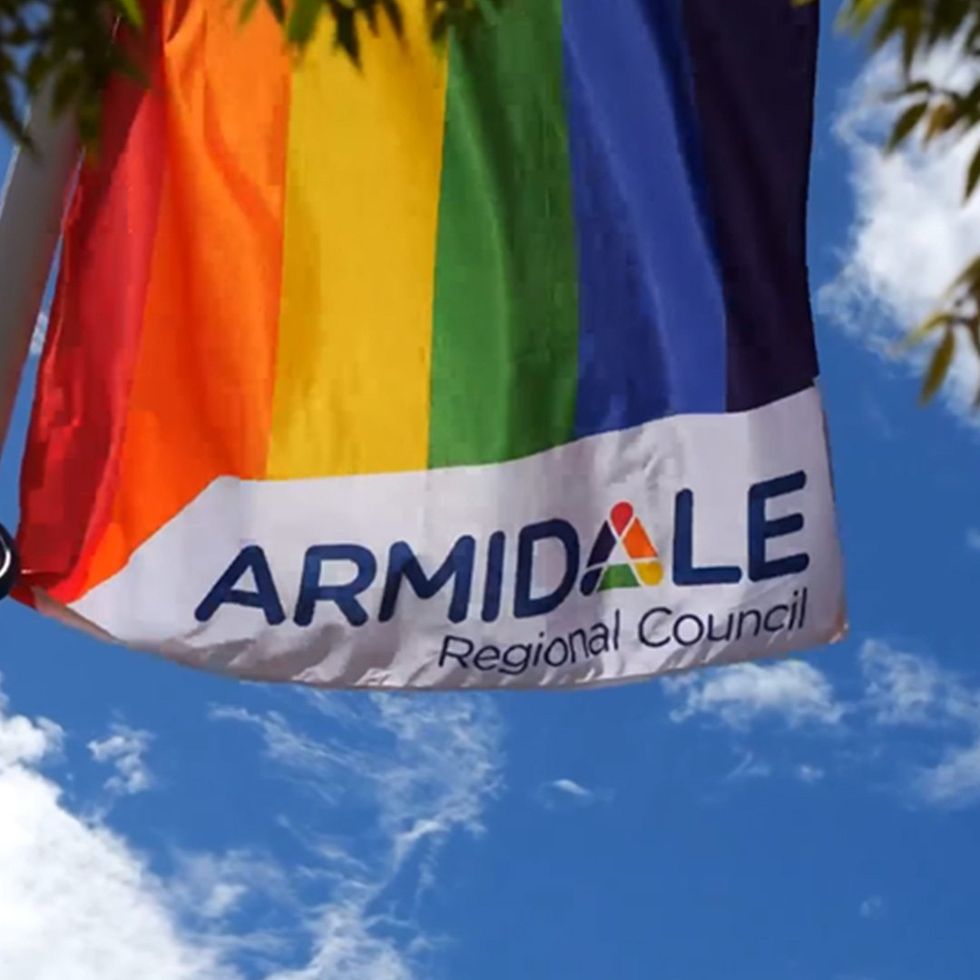
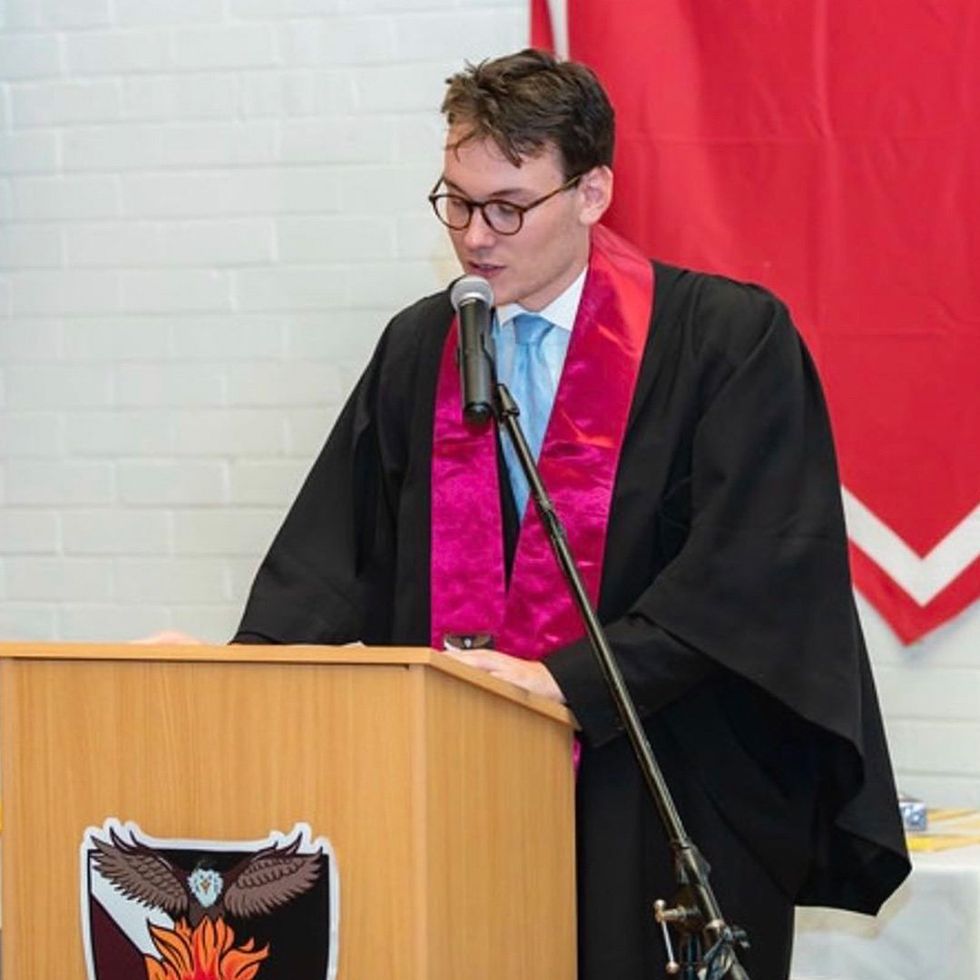
That moment was, of course, the amendment to the Federal Marriage Act which allowed same-sex couples to marry in the eyes of the Australian legal system. The bill passed on December 9, 2017, following a postal survey of the Australian voting population. That survey showed that 61.6 per cent of Australians voted in favour of changing the law, but back in Armidale that percentage looked quite different.
The New England region did vote in favour of marriage equality (52.5%), but only by a very small margin; 47.5 per cent of the region’s voting-age residents – roughly 51,000 people – voted no. For reference, that’s more than double the population of Armidale itself.
It was a fairly accurate sign of the times in a lot of respects. Australia had decided that it was ready to move forward but the regions, as can be so often the case, remained in a state of limbo.
That same feeling of stagnation – of liminality – had been shared by many members of the LGBTQI+ community as Lucas tells me: “When I had first come out and had met someone in the area that also identified as gay, we’d known each other for a while but … we had both never talked about it, never interacted with it.”
“There’s no gay bars in Armidale or anything like that … in a regional environment you sort of just stumble across it.”
Pride in the Park says 'you know there might be a smaller pool of us, but we’re still here, and there’s still something for you here'.
Over the course of our conversation, we find ourselves regularly looking back to our time at school and how we were shaped by it. Lucas came out to me in early 2021, a few months after we’d finished the HSC. In our interview, I asked him if the choice to tell me after we’d left that environment had been a conscious one.
“I definitely was bi in school, but I kind of held that back,” he says – something that, given the nature of teenage boyhood, particularly back then, doesn’t surprise me.
Homosexuality wasn’t overtly ostracised where we went to school, but we both agreed with one another that it certainly wasn’t celebrated either.
“It felt like it was just ignored… that was a big part of what I think closed me off at school. There wasn’t a voice there to say it was okay.”
“It wasn’t that there was a lot of No’s, but there was never a yes.”
So, there’s a little snapshot of our childhood. It was a time and place of great discovery for the both of us. But while I existed in a space which validated everything about the way that I felt and viewed the world, Lucas was left somewhat floundering. He was waiting for a moment that would show him that his local community didn’t just acknowledge him – they celebrated him.
Lucas may not have received the level of celebration that he and the rest of Armidale’s LGBTQI+ community deserved back then, but recent events have indicated that the town is finally ready to turn a new leaf. On February 23, Armidale staged an event, which coincided with the Mardi Gras celebrations in Sydney, named Pride in the Park.
Hosted by Armidale Regional Council in conjunction with Headspace Armidale, PCYC Armidale, BackTrack and Australian Leadership and Communication Training, the event “provided an afternoon filled with live entertainment, community service stalls, food and drink [and] kids’ entertainment,” according to the New England Times.
Pathfinders, a not-for-profit that operates across the New England North-West and Mid-North Coast regions, was also a prominent presence at the event. The organisation places a large focus on improving the quality of life for families and young people in regional areas, particularly when it comes to employment and education opportunities.
“Curtis Park was the place to be. Our team enjoyed an afternoon of live entertainment, community service stalls, children’s activities, and a bright and colourful food and drinks stall,” Pathfinders' Toni Ribiero said in a statement on the company website after the event.
Over the course of my interview with Lucas, I asked him what an event like this means for members of the LGBTQI+ community, not just in Armidale, but across the region.
“In Sydney, there’s a lot more of an LGBTQI+ population. In a regional area, [an event like Pride in the Park] makes more of an impact because it’s saying, “you know there might be a smaller pool of us, but we’re still here, and there’s still something for you here”.
Lucas tells me that with events like Pride in the Park, proximity is everything when it comes to feeling represented.
“I don’t have to go to Sydney or Newcastle to feel accepted, I’ve got something here at home.”
“Seeing neighbours or people that you go to the pub with on the march or having a picnic… you go “great, these are people that I trust and feel comfortable with.”
It almost feels like a lightbulb moment for Armidale; a watershed point in time where the community has – after decades of complacency – finally decided to put its best foot forward and embrace one of its most marginalised communities.
There have been other signs Armidale is becoming a more progressive town.
Since February 2018, more than 650 Yazidi refugees from Iraq and Syria have settled there under the Northern Settlement Service program. The Yazidis are a persecuted minority in the Middle East. In the New England region, these families have formed their own distinct diasporic community, starting their own businesses. One refugee Salwan Muhi, speaking to The Guardian proudly called himself an “Armidaleian".
Having lived in the city for a few years now, it’s pretty easy to fall into the pattern of assuming rural areas are inherently backward. There is most certainly a difference in values, but I think people often write off this difference as being a bad thing.
People in regional areas are incredibly adaptive. It’s the nature of life in places that are so heavily reliant on an ever-changing, ever difficult to navigate pattern of climate.
The town's university has also had a big role to play in all of this. Being a forward-thinking place of academia, its attitudes towards the LGBTQI+ community have had a ripple effect throughout the town.
Lucas attends one of the colleges at UNE and spoke to me about his experiences there.
“The environment that I’m in is quite accepting,” he says. “[At the university] we offer support services and clubs. At UNE there are some LGBTQI+ clubs available, and it has made the place more welcoming.”
Turning towards the future, our discussion led us to a discussion of education and the role that it plays in creating an accepting environment for regional LGBTQI+ communities.
Lucas says that “little substitutions” can play a crucial role in normalising LGBTQI+ relationships in an educational environment. “Instead of there being a straight couple in a Year 3 NAPLAN maths equation, they can just as easily be substituted by a gay or lesbian couple,” he explains. “Small things like that can make a big difference down the road.”
Lucas’ thoughts on LGBTQI+ representation are backed up by a large scale study which was conducted by MINUS18, a charity group focused on the wellbeing of LGBTQI+ youth in Australia. The "Queer Out Here" report was conducted across rural and regional Victoria, South Australia, Queensland, and Western Australia in 2020, recording the testimony of over 1000 students, staff and LGBTQIA+ youth.
The MINUS18 study reported that “teachers, students and school leaders recognised a desire for more education and awareness within their region". This need was expressed by 91 per cent of students and teachers and 100 per cent of LGBTQIA+ youth who were surveyed.
The study highlighted LGBTQIA+ youth are in dire need of more support, more recognition, more celebration. This is a fact, cold and hard as an Armidale winter.
There are encouraging signs. Regional communities such as Armidale are slowly coming to the realisation that embracing and celebrating their marginalised groups is a practice that is overdue. “It’s hard to say that Armidale is pro-gay,” says Lucas. “But I have felt accepted in my community.”
For Lucas, and Armidale, it’s a start.


